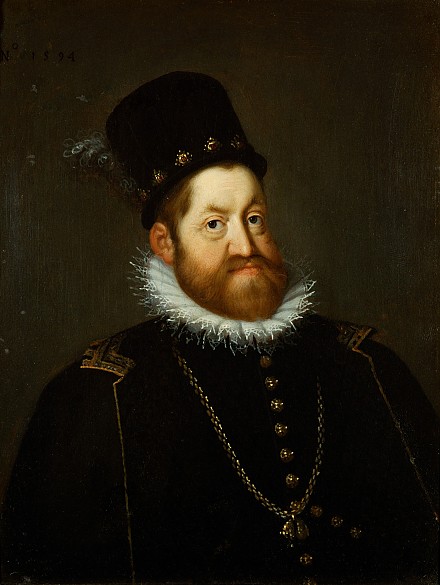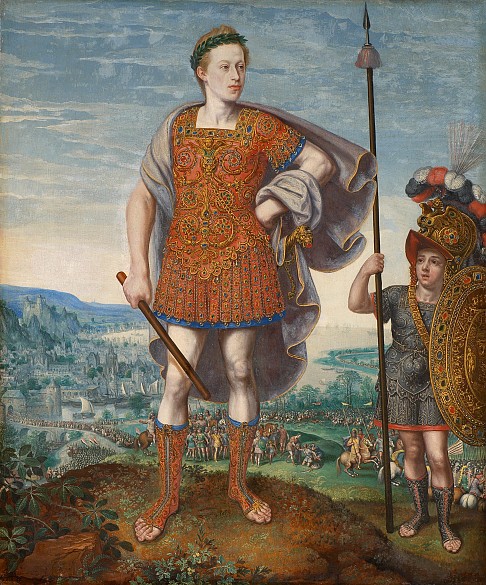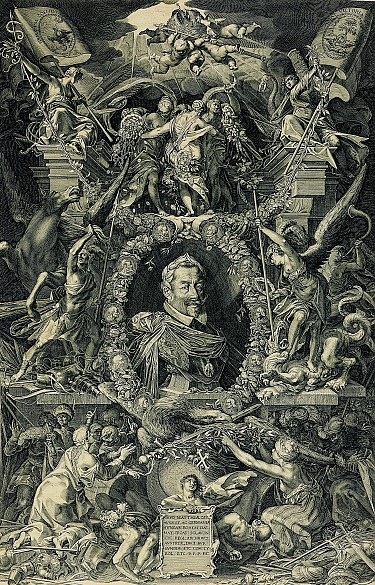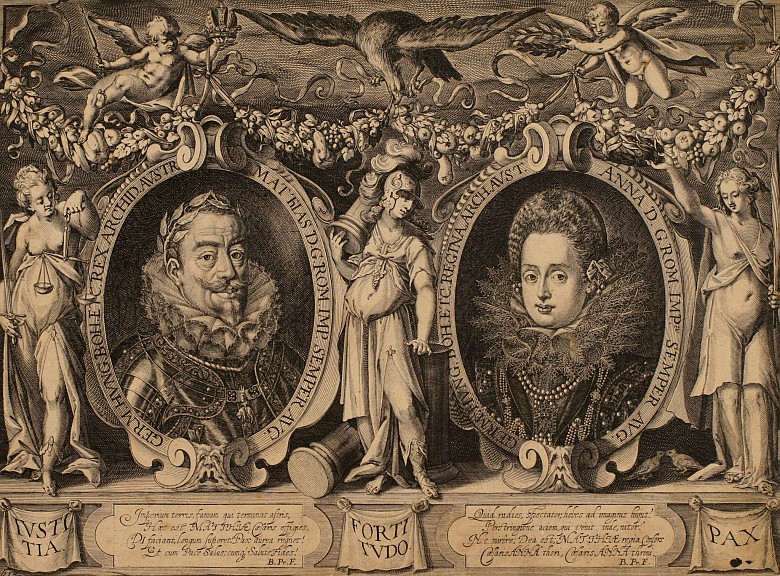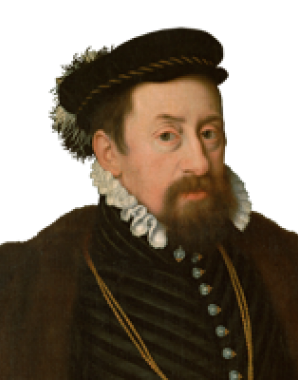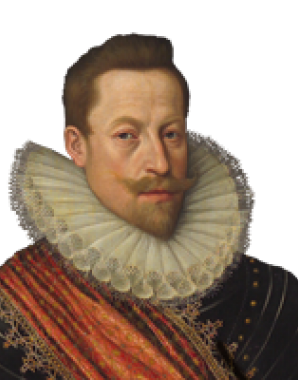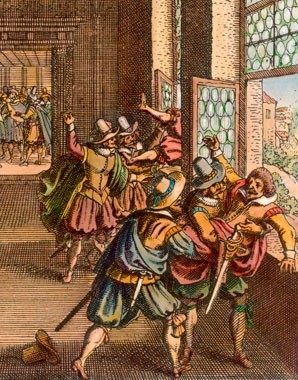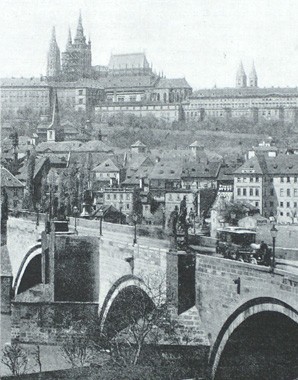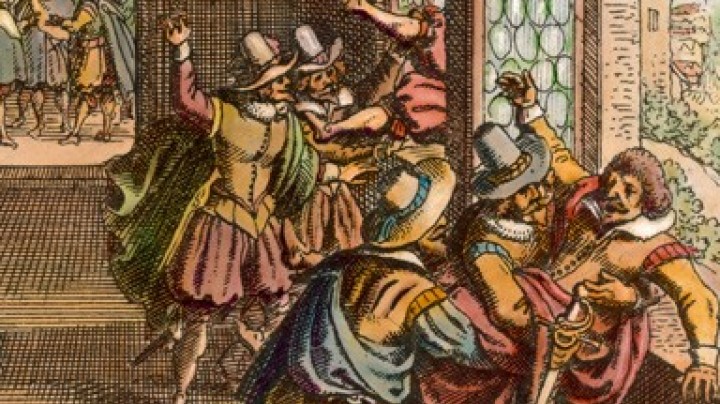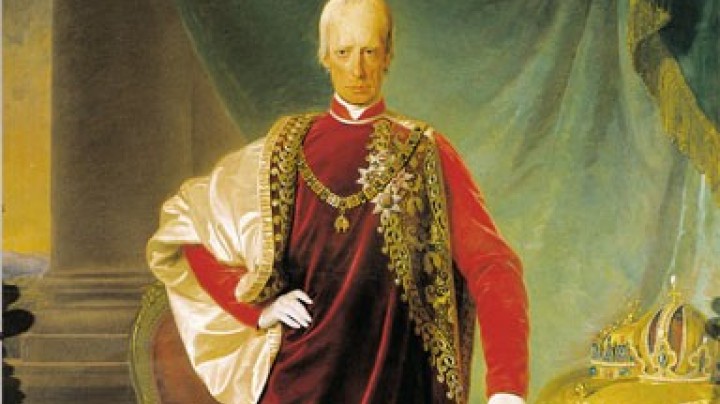The Habsburg ‘fraternal quarrel’: Rudolf II against Matthias
Two brothers competed for the imperial crown – and the younger of the two won out.
Franz Grillparzer’s Rudolf II after his loss of power in the play Ein Bruderzwist in HabsburgNicht Kaiser bin ich mehr, ich bin ein Mensch
Und will mich laben an dem Allgemeinen.
Wie wohl, wie gut! Und unter mir die Stadt
Mit ihren Straßen, Plätzen, voll von Menschen.[I am Emperor no more, I am a man, and wish to refresh myself with what is common to us all. How salubrious, how good! And below me the city, with its streets and squares full of men and women.]
Maximilian II’s son and successor Rudolf II received his education as a ruler during his younger years in Spain. Soon after the beginning of his reign as Emperor he transferred the Residence from Vienna to Prague, which he made into a political and cultural centre. Rudolf built up important art collections and patronized scientists such as the astronomer Johannes Kepler. His period of rule was marked by the Counter-Reformation and the war against the Ottomans, which Rudolf’s propaganda interpreted as a meting out of ‘divine punishment’ and as a battle against ‘unbelievers’. Emperor Rudolf suffered from a psychological illness that in the course of his reign made him increasingly irritable, passive, and in the end incapable of ruling.
Amongst Rudolf’s brothers, who had to be content with less important positions, the leading personality was the ambitious Matthias. The fact that he was only five years younger than Rudolf and thus had little prospect of becoming emperor led to the Habsburg Bruderzwist (fraternal quarrel). Initially he sought a position of power as Governor of the Netherlands but soon met with failure. After his return to Austria the quarrel between the brothers focused increasingly on the regulation of the succession: as Rudolf never married, he had no legitimate offspring.
In order to enable Matthias to overthrow Rudolf, a plan was laid by the infamous protagonist of the Counter-Reformation, Melchior Khlesl: in 1606 the archdukes joined forces on Matthias’s side and declared him head of the family. At the end of the long Turkish war between 1592 and 1606, Matthias concluded peace treaties that Rudolf was unwilling to accept; furthermore, he refused to appoint Matthias as his successor. In 1611, Matthias finally entered the Bohemian capital in triumph, made Rudolf a prisoner in his very own residence, Prague Castle, and had himself elected king of Bohemia, making Rudolf an Emperor without a country of his own. In 1612, Rudolf’s death left Matthias as the victor of the Bruderzwist. As Emperor, however, Matthias was in a weak position. The quarrel between the brothers had resulted in a strengthening of the Protestant Estates. It was becoming increasingly clear that the religio-political situation was coming to a head and that a major military conflict was in the offing. This conflict was to develop into the Thirty Years’ War, which brought extensive destruction and suffering to large parts of Central Europe.
